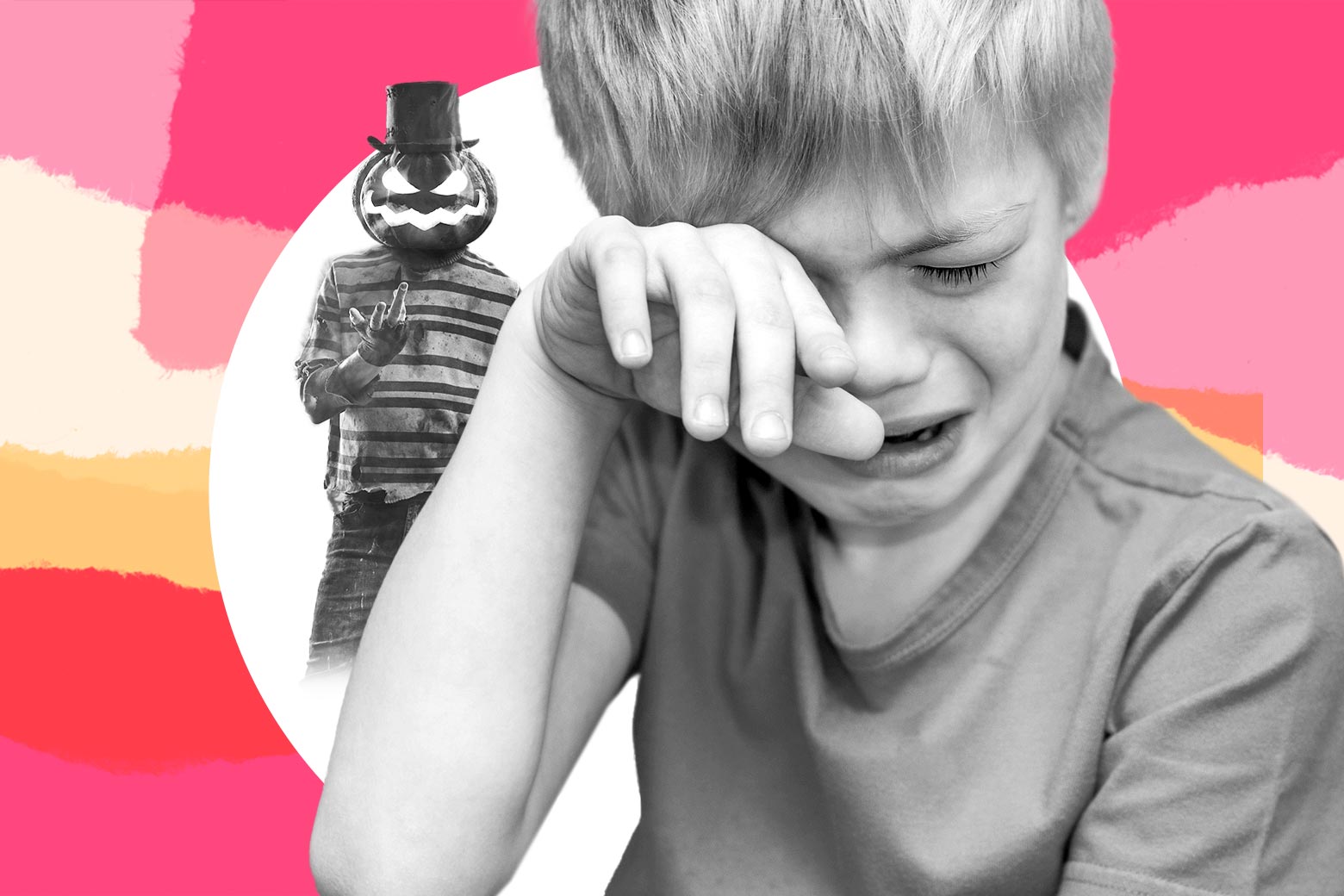Over the past six months, Donald Trump has been accused of rapidly dragging the largest democracy in the Americas towards authoritarianism. Now, the US president seems bent on undermining the region’s second largest democracy too.
Since early July, Trump has launched an extraordinary attack on Brazil’s institutions, slapping 50% tariffs on imports from the South American country and sanctions on a supreme court judge – partly in retribution for what he called the political persecution of his ally, Jair Bolsonaro, who is on trial for allegedly masterminding a failed coup.
“Rarely since the end of the cold war has the United States interfered so deeply with a Latin American country,” the Economist declared last week.
“I feel for the Brazilians,” said Steven Levitsky, the Harvard University political scientist who co-wrote How Democracies Die, a bestselling book about democratic erosion.
“This is a very authoritarian political force that’s doing enormous damage to my country’s democratic institutions and rights – and I wish it would stop at that. It’s painful to see the [US] government do damage to other countries’ democratic institutions as well.”
The US has an ignominious track record of interfering in Latin American affairs, through CIA-backed coups and military interventions. But Levitsky said he had never seen trade policy weaponized in such a way: “Brazilians have worked now for generations to build the strongest, most democratic system they’ve ever had … and this sort of reckless, casual assault on democratic institutions pains me.”
Trump’s effort to help Bolsonaro dodge justice over his alleged 2022 coup, by pressuring Brazil’s government and supreme court, has thrilled the ex-president’s supporters. They see Trump as Bolsonaro’s best chance of avoiding jail when the supreme court announces its verdict in the coming weeks.
But Trump’s meddling has infuriated millions of Brazilians from across the political spectrum who are appalled at what they call an intolerable foreign ploy to subvert their democracy, 40 years after it was restored after two decades of dictatorship.
“In the old days they’d send in the marines. Now they impose tariffs,” said Rubens Ricupero, a former finance minister and ambassador to Washington, who predicted that Trump’s behaviour would provoke a wave of anti-US nationalism.
Marcelo Rubens Paiva, an author and pro-democracy campaigner whose father was murdered by Brazil’s 1964-85 dictatorship, called Trump’s “utterly unspeakable” interference the fruit of “a man who feels he is Napoleon and wants the entire world to kneel down before him”.
Observers are split on what is driving Trump’s assault on Brazil’s institutions and democratically elected government, which the White House this week declared a threat to “the national security, foreign policy, and economy of the United States”.
Some suspect he hopes to expand Latin America’s pro-Trump rightwing axis – currently led by Argentina’s Javier Milei and El Salvador’s Nayib Bukele – by reviving Bolsonaro’s waning political career and, perhaps, returning the far-right populist to power in next year’s presidential election.
Others see Trump’s pro-Bolsonaro pressure campaign as a smokescreen for his true objectives: furthering US economic interests and, in particular, those of tech giants desperate to avoid regulation in the world’s fifth-largest online market.
Levitsky saw a simpler explanation. Trump’s offensive was the product of a president who acted like a “classic 20th-century tinpot dictator”, such as the Dominican Republic’s Rafael Trujillo or Nicaragua’s Anastasio Somoza.
“Trump approaches governance in exactly the same way. The treasury was for them. Trade policy was for them. Foreign policy was for them. The army was their personal security. That’s how Trump looks at governance. He uses policy instruments for his own personal and political ends,” Levitsky said.
“There’s no economic strategy here. Very clearly there’s no foreign policy strategy here. But Bolsonaro’s family has gotten into Trump’s inner circle and convinced him that Bolsonaro’s plight is similar to his plight in 2020 [after he lost the election to Joe Biden].
“Trump believes – falsely – that he was subjected to a witch-hunt and he’s been convinced by Bolsonaro’s sons that Bolsonaro, like him, is also subject to a witch-hunt. And he’s using US foreign policy – tragically, pathetically – to pursue those personal whims,” Levitsky said.
Experts doubt Trump will succeed. Bolsonaro, already banned from seeking election until 2030, is expected to receive a hefty sentence when the coup trial concludes. Bolsonaro denies the charges but has admitted considering “alternative ways” to stop the winner of Brazil’s 2022 election, Luiz Inácio Lula da Silva, taking office.
Paiva believed Trump wanted Bolsonaro to secure the same kind of impunity he enjoyed after trying to overturn the 2020 election result. But the ruse appeared to be backfiring.
Early signs suggest President Lula has been energized by the tug-of-war with Trump while the Bolsonaro family, who many blame for convincing Trump to target Brazil’s economy and institutions, have suffered a public backlash. In a recent editorial, the conservative Estado de São Paulo newspaper declared: “Bolsonaro’s name has already been inscribed in the pantheon of the greatest traitors this nation has ever seen.”
“I think Bolsonaro has buried his political career,” Paiva said.
Source link
